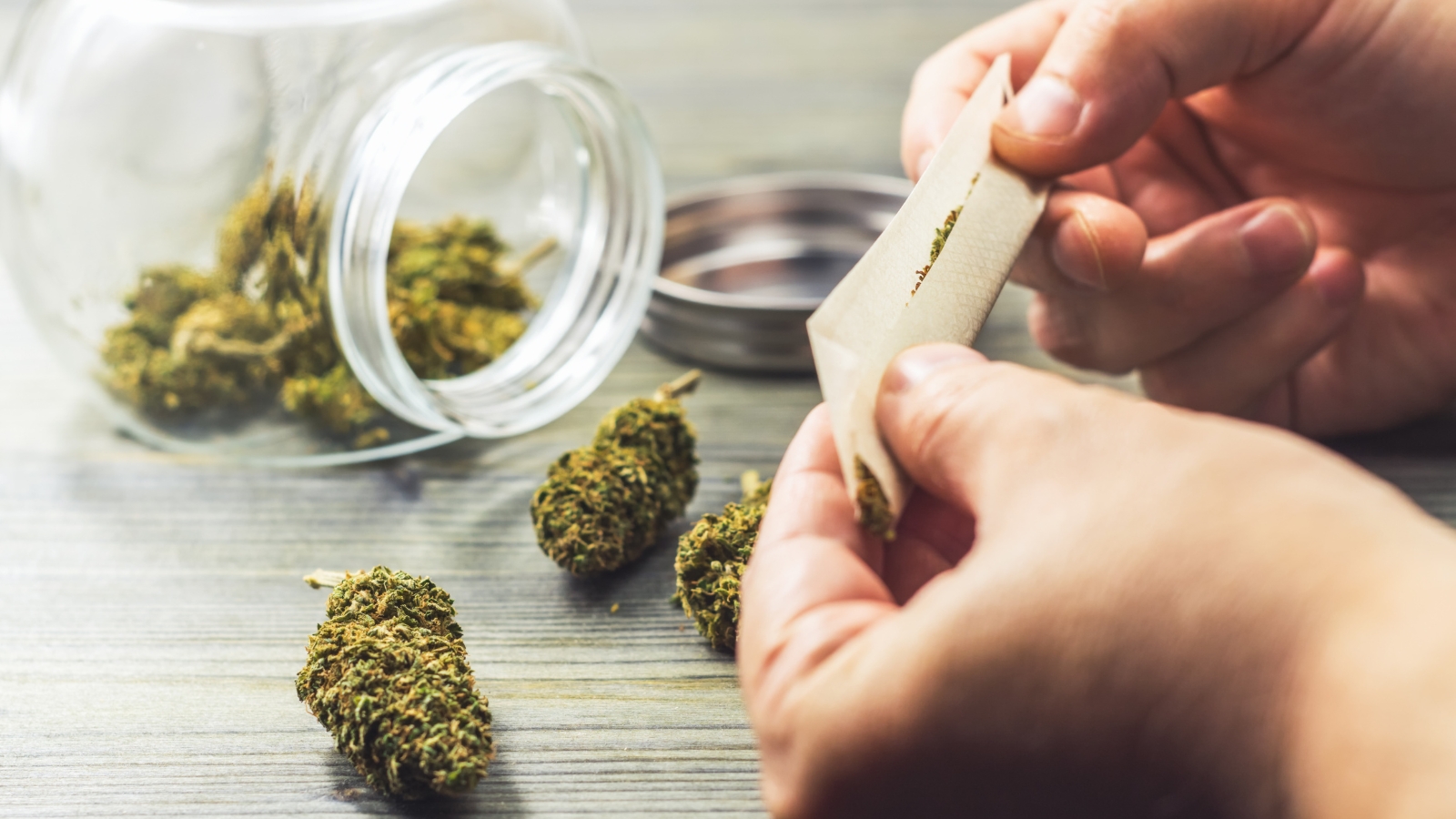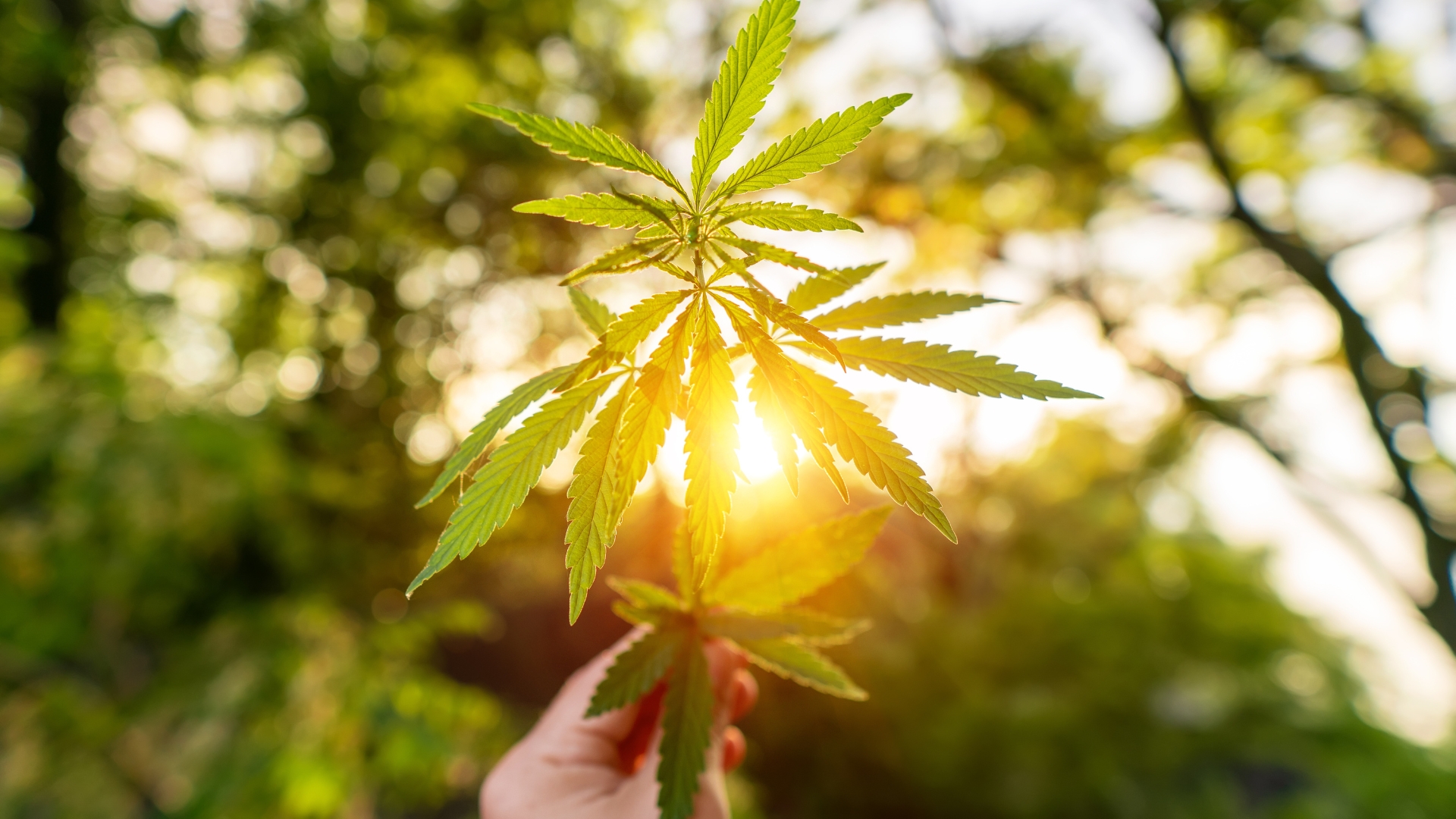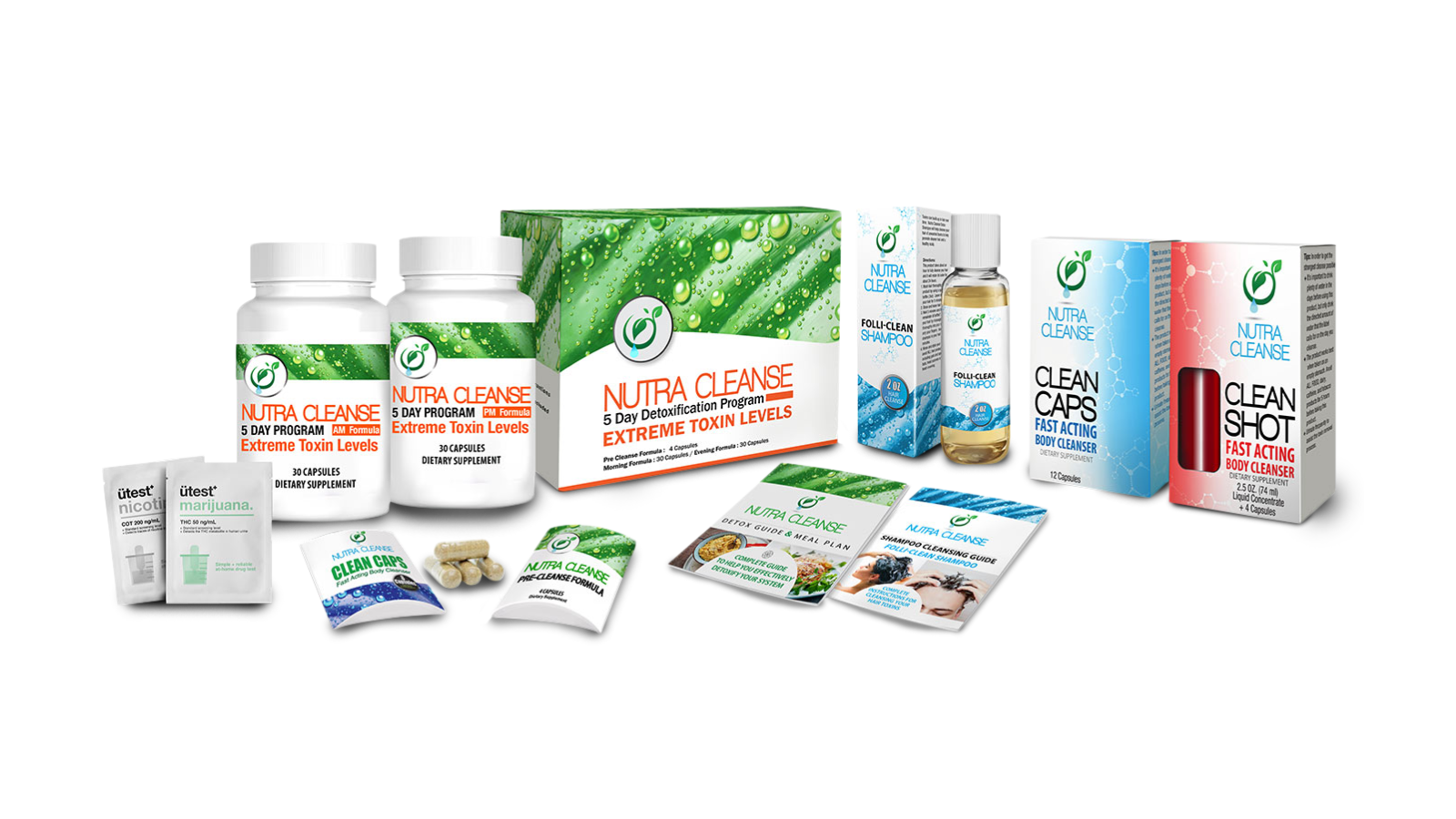Delta-8 and delta-9 are both forms of THC with some major similarities. They also have some big differences. Delta-9 THC is legal only in states with adult-use or medical marijuana programs. It is responsible for the “high” associated with smoking or ingesting weed, and it produces psychoactive effects with a host of mental and physical benefits.
Delta-8 THC is in a legal gray area because it is most often extracted from hemp. Since 2018, hemp has been legal for production, sale, and consumption by adults. Similar in structure, Delta-8 is also psychoactive, meaning it affects the mind. However, it doesn’t produce the same “high” as one gets from delta-9.
It’s well known that delta-9 use will result in a positive THC test, but does delta-8 show up on a drug test? Let’s take a look.
How Long Does it Take to Feel the Effects?
Delta-8 works just like delta-9, CBD, CBN, or any other cannabinoid by attaching to receptors in the endocannabinoid system (ECS). Delta-8 bonds to these receptors differently than delta-9, which tends to produce a much less “stoned” feeling. Although users report positive physical effects, delta-8 is simply less potent than its delta-9 counterpart.
Delta-8 is a great option for anyone wanting to experience effects similar to delta-9 THC, but who live in a state without a legal program. Depending on the method of consumption, the onset of effects will vary. Smoking, dabbing, and vaping will produce effects within five to 10 minutes. Consuming edibles will take longer, with the first effects setting in within 30 minutes. Full effects take 60 to 90 minutes, and sometimes up to two hours.
Users report similar feelings as delta-9, like mild euphoria, happiness, relaxation, and decreased physical tension and pain. Many people prefer the lighter effects of delta-8, and refer to it as “weed light.” Some adverse effects remain the same, such as dry mouth and eyes, slight paranoia, or increased anxiety. These effects vary based on user, and set and setting can play a role in the overall experience.

Can Delta-8-THC Make You Fail A Drug Test?
The short answer is yes. Delta-8 is a form of THC, and standard drug panels are looking for THC. Technically, for someone who never consumes delta-9 THC, it’s unfair to use a legal substance and fail a drug test. But, testing standards have not evolved to accommodate the modern cannabis landscape. A person can use only CBD products but still fail a drug test because of the residual THC present in trace amounts.
It doesn’t matter if one is consuming delta-9 from marijuana or delta-8 from hemp — it’s all going to result in a positive THC test. This is because the body breaks down these compounds into THC metabolites, and at this point, it doesn’t matter what they were originally. Even when using an at-home drug test, CBD can also affect the results since less advanced forms of testing cannot tell the difference from one cannabinoid to the next.

How Long Does Delta-8-THC Stay in Your System?
Delta-8 is going to stick around for just as long as delta-9. The window of detection depends largely on the type of test used to detect THC.
Urine
Urinalysis is the most common way to test for THC. Metabolites of THC are detectable in a urinalysis for anywhere from three to 30 days. Factors such as dosage and frequency of use can play a huge role in determining how long THC will remain in the body.
Blood/Saliva
Blood tests can detect THC a few hours up to one day after last use. Most standard saliva tests will only detect THC for up to 24 hours. Some specialized testing can detect THC in saliva for up to 72 hours.
Hair Follicle
It’s difficult to pass a hair follicle test for frequent cannabis users, regardless of the type of THC. Any THC remnants are detectable in hair follicles for up to 90 days after last use.

Key Factors That Affect Detection Time
Unlike many other drugs, cannabis tends to stick around for a long time. Yet, each person is going to detox differently, and there are many forces at play that can affect detection time and determine how long delta-8 stays in your system.
Age
Metabolism slows with age. After age 65, blood flow to the liver and kidney slows substantially. Since these are the major detox organs, age certainly plays a role in detox and detection time.
Weight & BMI
The body stores THC metabolites in fat cells. Body Mass Index (BMI) is a calculation based on height and weight and is a scale used to measure body fat. People with more body fat tend to metabolize more slowly than people with less body fat, meaning that those with a higher BMI may hold onto THC metabolites a little longer.
Dosage & Frequency of Use
Dosage and frequency of use is perhaps the most relevant factor to consider. Light, infrequent use may result in a smaller window of detection. For example, someone who smokes very little only occasionally might be able to pass a drug test within a week of last use. However, most research suggests THC is detectable in urine for up to 30 days after last use.
How to Pass A Drug Test After Using Delta-8-THC?
Preparing for a drug test is never fun. It can be a stressful time, and hopefully, it doesn’t come out of the blue. Depending on the situation and how much notice is given, there are two options to consider: a natural detox or one aided with supplements or beverages.
Natural Detox
It will take approximately 30 days to rid the body of all THC metabolites entirely for many people. First, stop using all cannabis products right away. Drink plenty of water to help the body flush out the metabolites. Adding antioxidant-rich fruits and vegetables is a great way to help the body cleanse. Increase physical activity to boost metabolism and burn fat cells that store THC.

Assisted Detox
With limited notice, or if a drug test is even a possibility, having a THC detox protocol on hand can provide peace of mind. For short notice, a detox drink with same-day results is the best choice. If there is more warning, a multi-day cleanse in the form of a detox kit is a great way to purge many different kinds of toxins from the body.
Final Thoughts
Does delta-8 show up on a drug test? Most likely, yes. Even though you aren’t consuming an illegal substance, drug tests just haven’t caught up yet. Delta-8 is a form of THC, and that’s all the standardized tests are screening for. If your employer mandates that you cannot use any THC product while working, it is strongly advised that you do not consume Delta-8 THC products. Until further research and advanced drug testing is available, the professional world will be prejudiced against Delta-8 THC and all of its tremendous benefits.
FAQ on Delta-8 THC Drug Test
What is the difference between Delta-8 and Delta-9 THC?
Delta-8 THC is similar to Delta-9 THC, the main psychoactive component in marijuana, but it’s derived from hemp and produces a milder “high.” Delta-9 is only legal in states with specific cannabis programs, while Delta-8 exists in a legal gray area federally due to its hemp origin.
How quickly do you feel the effects of Delta-8?
The onset of Delta-8 effects varies by consumption method: inhalation (5-10 minutes), and edibles (30-90 minutes). Users report a less potent “high” compared to Delta-9, with feelings of relaxation and mild euphoria.
Can Delta-8 THC result in a positive drug test?
Yes, consuming Delta-8 THC can lead to a positive drug test for THC. Tests do not distinguish between Delta-8 and Delta-9 THC metabolites.
How long does Delta-8 THC stay detectable in the body?
Delta-8 THC detection times are similar to Delta-9: in urine (3-30 days), blood (up to one day), saliva (up to 72 hours), and hair (up to 90 days), depending on usage frequency and individual factors like metabolism and BMI.
What are the key factors affecting THC detection time?
Age, weight, BMI, dosage, and frequency of use are crucial. Older individuals and those with higher BMI may metabolize THC more slowly, extending its detectability.
How can one pass a drug test after using Delta-8?
To pass a drug test, consider a natural detox (abstinence, hydration, diet, exercise) for about 30 days, or use detox aids for quicker results. Effectiveness varies, and immediate cessation of THC products is recommended.















